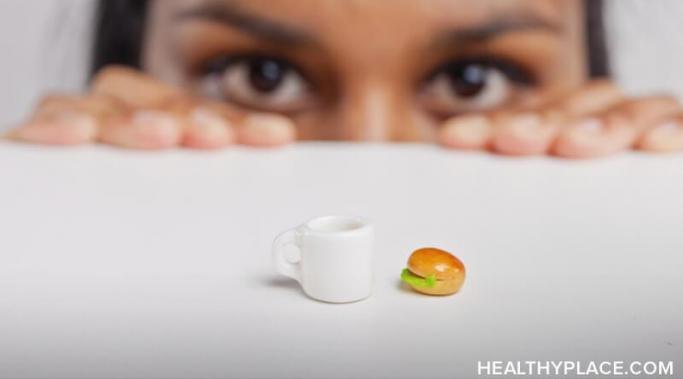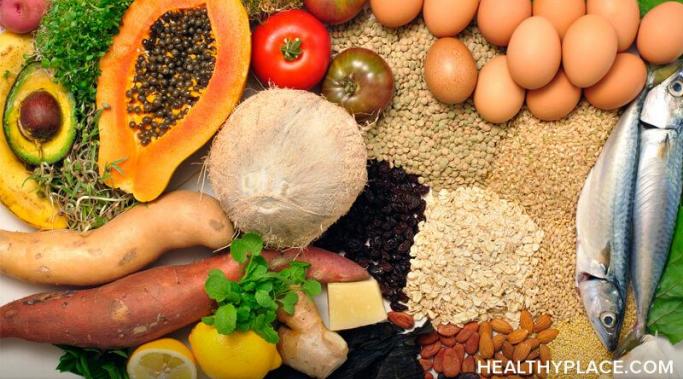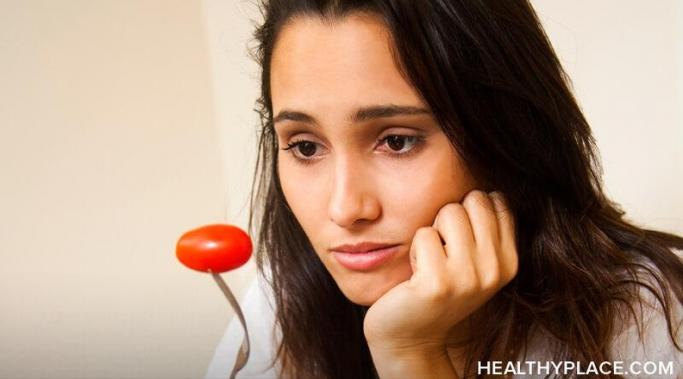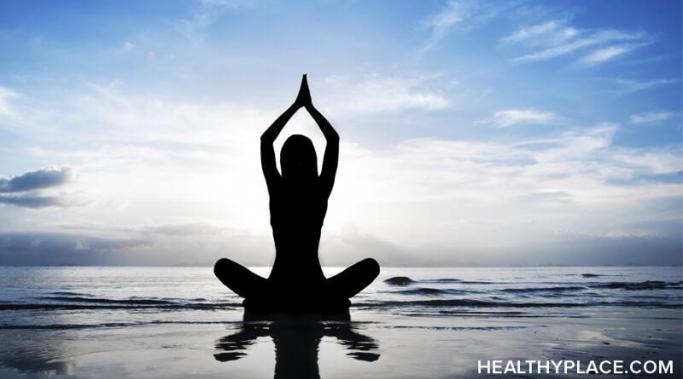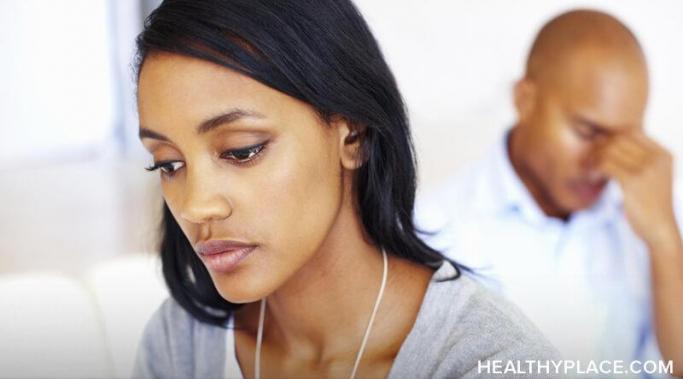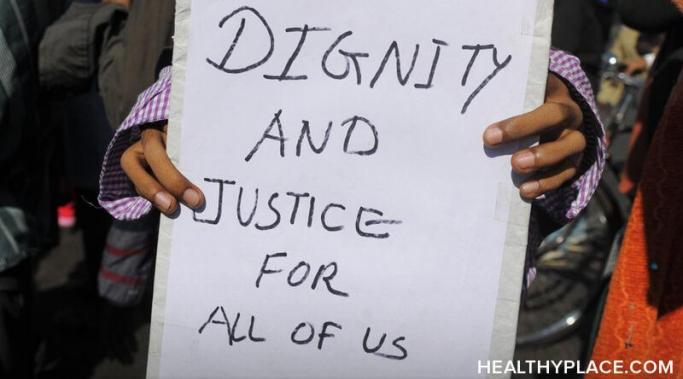How can we prioritize eating disorder recovery in the midst of COVID-19? Social distancing is the newest buzzword of our culture, and #FlattenTheCurve is our latest hashtag as we all stumble through this unprecedented reality of the coronavirus, so I will be honest—it's an inconvenient, anxiety-inducing time to have a complicated history with food and exercise. But despite the shifts in my routine or the lack of control and normalcy, I choose to still prioritize my eating disorder recovery in the midst of COVID-19.
Eating Disorders Recovery
There is a documented prevalence of eating disorders in biracial women--but why? In this video, HealthyPlace "Surviving ED" co-author Hollay Ghadery discusses how her experience as a half Iranian and half white woman plays into these findings.
When I finally made the decision a couple of years ago to heal from my lifelong battle with anorexia, one lesson eating disorder recovery taught me is that access to healthy food is a privilege. As I obsessed about the nutrition and ingredients of whatever I consumed—tabulating each item's sodium, carbohydrate, and refined sugar content—it dawned on me that not everyone can afford to be as selective or meticulous about the foods they eat.
In my experience, people in the early stages of eating disorder recovery often rush their progress. Unfortunately, this rush adds pressure to an already stressful situation, which can cause people to experience more setbacks than necessary.
I had no intention of being someone who unrolls a mat in a candlelit room and chants, "Namaste," with my palms entwined at heart's center, but this is me nonetheless—yoga is now part of my eating disorder recovery, and I am thankful for the conduit of healing it's become. I have a long, complicated—and, at times, unhealthy—relationship with exercise. I am also an intense, feisty, and energetic person by nature which means that my workouts often match this intensity, but one exercise that I never imagined I would feel such a profound, almost sacred connection to is yoga.
This is a vulnerable admission for me to write, but my 15-year battle with an eating disorder has made an impact on my sexual desire. There—I confessed it openly. I pushed back against the shame, embarrassment, and insecurity that too often silences me on this particular issue.
For those of us who have or have had eating disorders, the feeling of a full stomach can be an extremely disconcerting sensation. Sitting after a meal while feeling full can cause anxiety and guilt. I've been in recovery for nearly a decade and I still sometimes struggle with feeling full, but learning how to be okay with being full was an important step in my eating disorder (ED) recovery.
I don't believe in eating disorder triggers. Sounds pretty bold, right? We live in a world awash with eating disorder (ED) trigger warnings and those of us who are in ED recovery are constantly warned to avoid our triggers lest we slip back into old habits, and I straight-up say I don't believe in them.
Social justice and eating disorder recovery are two of the driving forces in my life. It informs my relationships, conversations, and writing, but I cannot take credit for this—eating disorder recovery introduced me to social justice.
Eating disorder resolutions for the new year should focus on health, not food, weight, or exercise. All too often in this culture, New Year's resolutions focus on those things. It's just another confirmation that society as a whole is image-obsessed to an unhealthy extreme.

